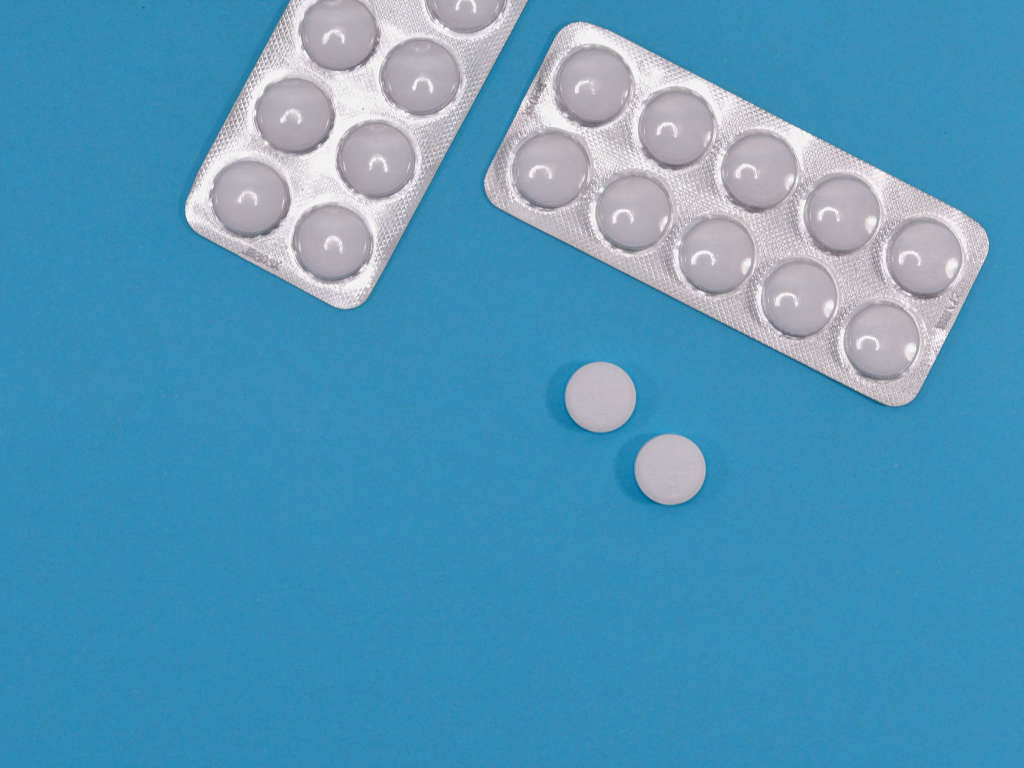Amphetamines and Their Effects
Amphetamines are substances that stimulate the central nervous system. When used in a high dose, amphetamines increase certain types of brain activity which can produce a “high” feeling, more energy, better confidence, focus and elicit a rewarding euphoria.
From Addiction Centers, “According to the Center for Substance Abuse Research, amphetamine was first synthesized in Germany in the late 1800s; however, its stimulant properties were not really discovered until about the 1930s, when it began to be used to treat nasal congestion.”
As time progressed, amphetamines were used to treat other conditions such as an alcohol hangover or for weight loss programs. Currently, they are used to treat different behavior disorders such as hyperactivity in young people and narcolepsy, in which people suddenly fall asleep.
Types of Amphetamines

Amphetamines are illegal if they are used without a prescription from a doctor and when they are intended to help a person get high or to increase performance. They are considered legal if they are prescribed by a doctor and taken according to the prescription.
- Adderall
- Concerta
- Dexedrine
- Focalin
- Metadate
- Methylin
- Ritalin
Common street names for amphetamines are crank, bennies, black beauties, ice, uppers and speed.
They can be used in different ways that include:
- Swallowed
- Dabbed onto the gums
- Inhaled through the nose (snorted)
- Injected into a vein (shooting up)
- Smoked
Amphetamines that are illegal come in different forms:
- Pills and capsules
- Liquid
- Crystal
- Powder and paste
Symptoms of Amphetamine Use
Because of the positive and euphoric feelings that amphetamines produce, they can be extremely addictive and misused. Some of the immediate effects of using can include:
- Overly excited
- Increased attention and concentration
- Feelings of energy/wakefulness
- Extremely quick reaction times
- Euphoric feelings
Dependence and Cravings
A person who is trying to quit using amphetamines may experience severe and intense cravings to use the drug and create a dependence in their body after continual use. Once the substance is stopped and use is discontinued, the body may begin to have a decrease in performance and functioning. Because of the intense feelings upon quitting, addiction is common and powerful cravings endure. Cravings can last up to a couple weeks and other withdrawal symptoms can cause depression that can last weeks, even months depending on the severity of the use.
Amphetamine Addiction

People who use amphetamines need to be aware of the potential risk for becoming addicted or misusing the drug.
Typically, when drugs are misused it’s due to the fact that they are not taken correctly and are not monitored intensely by the prescribed physician.
According to the 2012 Treatment Episode Data Set (TEDS), prescription stimulants like amphetamine were involved in 7% of admissions to treatment facilities. Additionally, those admitted for amphetamine/methamphetamine treatment were more than likely than all other substance admissions combined to have been referred to treatment by the legal system.
From Drug Abuse.gov, “Amphetamine users may find themselves taking increasingly larger doses in order to experience the drug’s expected “high” effect.”
Symptoms of Amphetamine Misuse
If you become dependent and overuse amphetamines, you could display the following symptoms:
- Find it a challenge to stop using amphetamines
- Feeling confused
- Weight loss
- Missing school or work functions
- Hallucinations or illusions
- Experiencing uncomfortable withdrawal symptoms
- No execute tasks as well as before
- Anxiety, paranoia or insomnia
- Extreme dental problems
Withdrawal can be described as:
- Aggression
- Cravings that are intense
- Fatigue
- Anxiety
- Depression
- Paranoia
Health Effects of Amphetamine
The side effects of amphetamines will vary depending on the person’s body composition, mental state and dosage of use.
Side effects are:
- Hostility
- Dry mouth
- Headache
- Extreme anxiety
- Increase in heart rate
- Grinding of the teeth
- Hypertension or high blood pressure
- Cognitive impairment
- Queasiness
- Increased body temperature
- Erectile dysfunction
Long-term side effects can include:
- Intense cravings
- Loss of coordination
- Hallucinations
- Obsessive behaviors
- Convulsions
- Seeking drugs in a compulsive way
- Paranoia
- Aggressive behavior
- Respiratory issues
Treatment for Amphetamines

amphetamine treatment available for you to help treat your substance misuse disorder. There are a variety of treatment options available to help with your individual needs. Treatment centers help to alleviate the symptoms that occur upon withdrawal of an amphetamine and can help treat the person for their specific circumstances.
One of the most common forms of treatment is behavior therapies, detox and intensive outpatient rehab centers and counseling/sober living facilities.
Types of Treatment for Amphetamines
Detox and Withdrawal from Amphetamines
A medical facility will perform an evaluation and get medical history from the patient to determine the proper treatment plan that will allow the person to be most successful. During the detox phase of treatment, medical professionals will help the person effectively manage their withdrawal symptoms in a safe environment.
Intensive Outpatient Rehab
Someone who has work of family obligations and is unable to go to a residential treatment center may be a good candidate for intensive outpatient rehab. An outpatient program gives you all the necessary tools and assistance to get through treatment but allows you to continue living at home.
Generally, outpatient treatment is not as effective as a residential program due to the fact that it is not as intense, and the person is still surrounded by the same people, environment and situations. This doesn’t allow the person to get the proper care and treatment needed to stay sober.
Cognitive Behavior Therapy for Amphetamine Use
It’s important to have some component of behavior therapy involved in the treatment process. It’s pertinent for the person to understand the reason for using substances in the first place and what the underlying issue may be.
From Addiction Treatment Center, “All drug and alcohol addiction treatment programs must have some form of behavioral treatment incorporated into them, because the process of becoming free of substance dependence is in itself life changing. There are much higher success rates when behavioral therapy is part of the treatment.”
Addiction Counseling and Sober Living
Continued counseling and therapy is essential in remaining drug-free. Having a supportive environment such as sober living facility may also make it easier for the person to remain sober because they will not be exposed to the same environments that helped them with their substance misuse in the first place.
Facebook
Twitter
LinkedIn
Reddit
Facebook
Twitter
LinkedIn
Reddit
